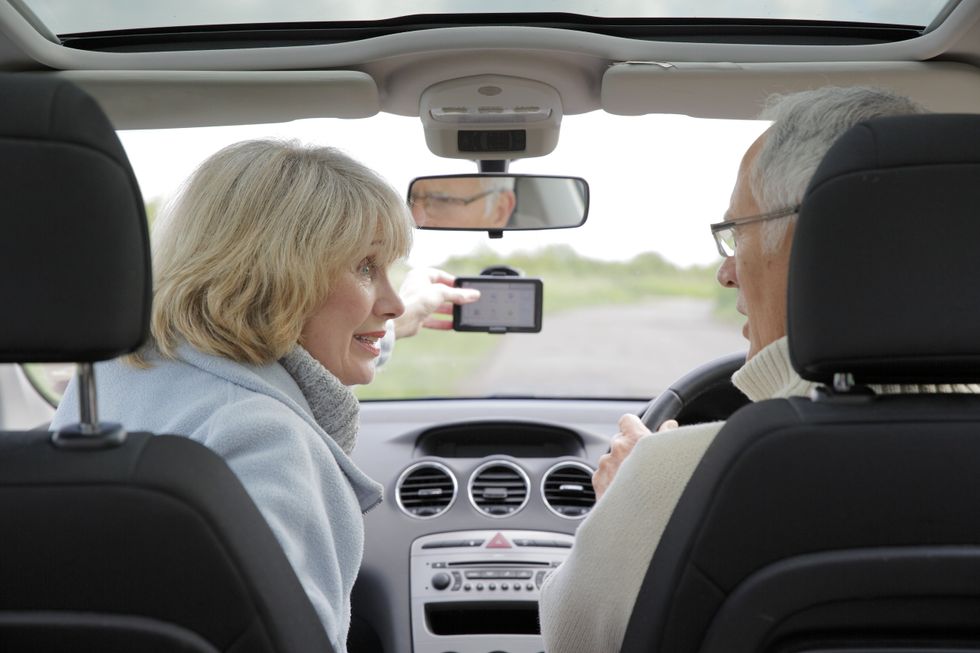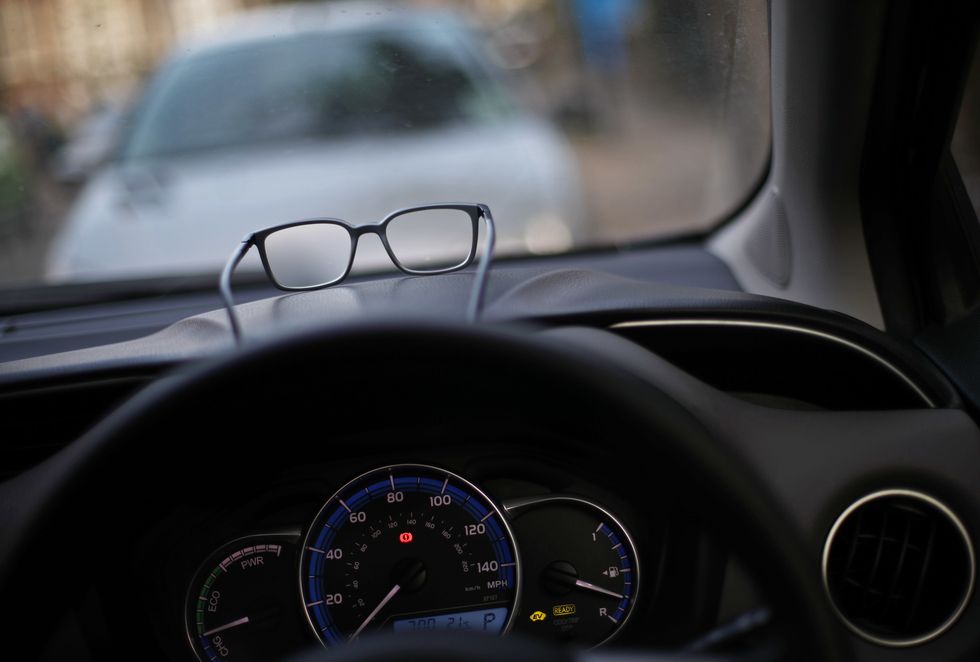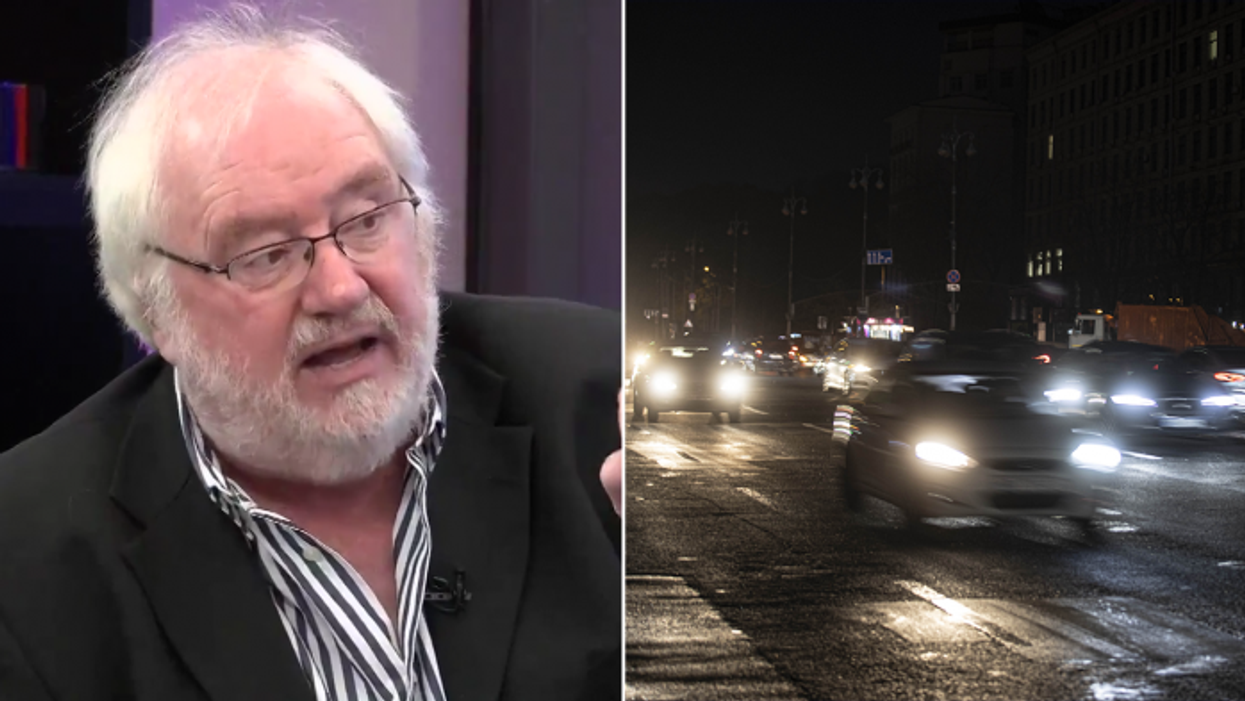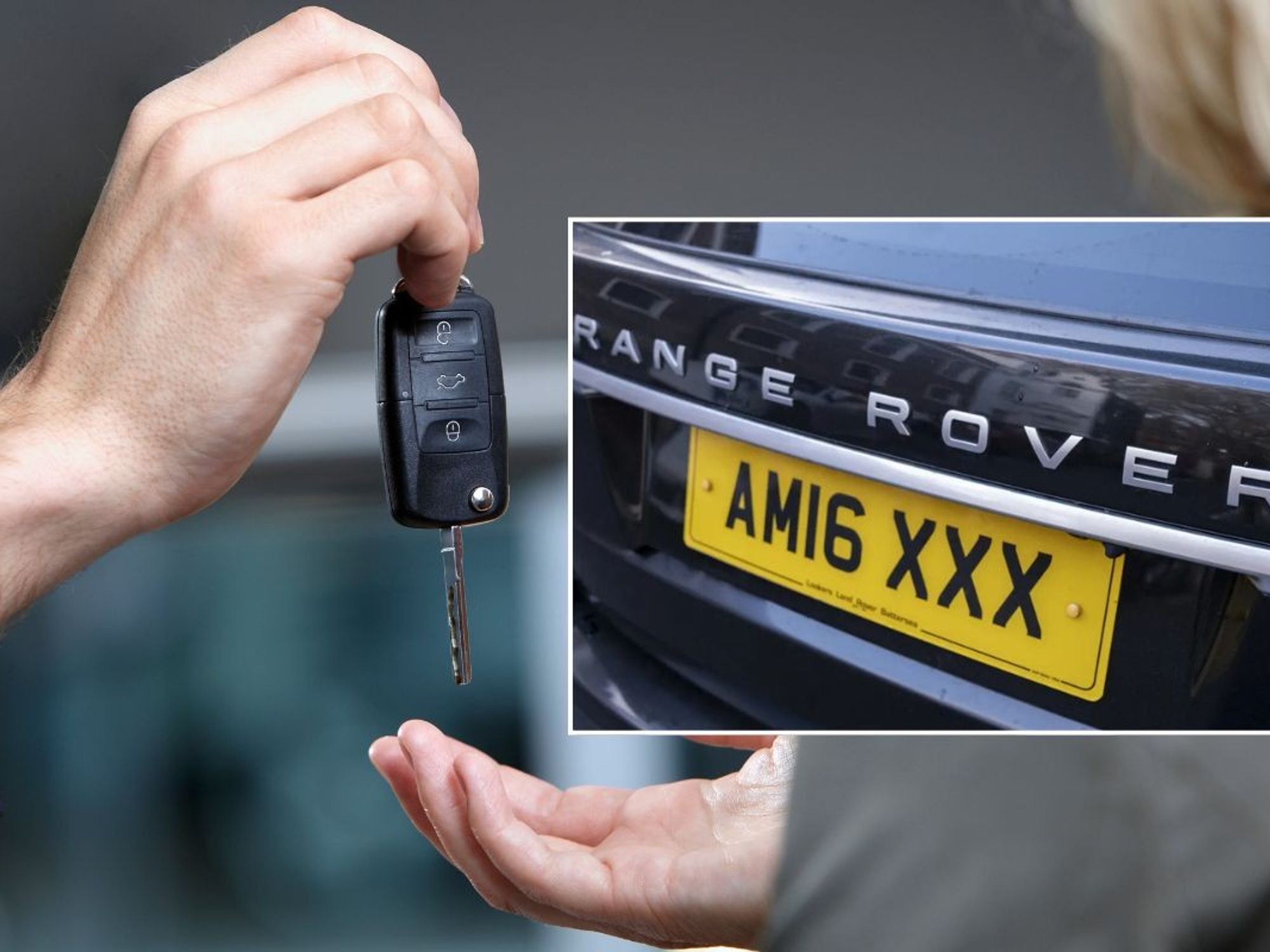Older drivers are being unfairly demonised by calls to launch new road rules - analysis by Felix Reeves

Road safety experts have suggested the introduction of mandatory eyesight tests once drivers reach a certain age
Don't Miss
Most Read
There are around 5.6 million drivers over the age of 70 on the roads across the UK as of 2020. Between 2010 and 2020, the older population rose by 12 per cent to almost nine million.
The number of elderly drivers in the UK is growing at a similar rate to the overall population, with older motorists set to stay a staple of British roadways.
The majority have likely been behind the wheel for decades, spanning years of Highway Code changes, new driving laws and pothole-plagued roads.
Recently, some experts have called for rules to be introduced to ensure elderly drivers are safe on the roads and don't put themselves or anyone else in danger.
Do you have a story you'd like to share? Get in touch by emailing motoring@gbnews.uk

Older drivers are required to renew their licence every three years once they turn 70
|GETTY
Proposals have included mandatory eyesight tests, having to take a driving test again and even the introduction of a maximum driving age.
Some suggestions are more sensible than others and genuinely have the interests of road users at their forefront, while others simply seem to target older people.
Mandatory eye tests could help spark a revolution for eye health and help all drivers who may be having vision issues have more confidence behind the wheel. However, setting up a national scheme would likely be a logistical nightmare.
Speaking of bureaucratic chaos, retesting more than five million people at regular intervals would be almost impossible. The Government is still reeling from a backlog of driving tests stemming from the pandemic four years ago, so this would only add to the problems.
Data from the Department for Transport seems to settle the long-standing debate of who's safer: younger or older drivers?
The age group with the most casualties per billion miles driven is drivers aged 86 and over, followed by those between 17 and 24. Older motorists in that category will naturally drive less than others, meaning that accidents could seem more common.
The general trend of casualties per billion miles driven sees a drop in people being killed or seriously injured until the age category of 71 to 75 when rates begin to rise again.
Extensive research from Swansea University in 2016 challenged the idea that older people were more dangerous, finding that drivers over the age of 70 are involved in three to four times fewer accidents than men aged between 17 and 21.
Older drivers were found to make most mistakes on right turns and when overtaking while young people drove too fast and were at risk of losing control of their vehicles.
Speaking at the time, Professor Charles Musselwhite, who led the study, said: “My research suggests that while people think older people are dangerous on the road, they aren’t. People also think testing old people will make the roads safer — it won’t.”
If the safety credentials of older motorists are being questioned, it’s only fair that all drivers are given the same scrutiny. This includes newly qualified drivers, middle-aged people and elderly motorists.
Driving is a necessity for millions of drivers nowadays and taking that lifeline away from the elderly would be a catastrophe. Access to services has been cut drastically and with public transport being notoriously unreliable, the car has never been more essential.
LATEST DEVELOPMENTS:

Some people have suggested mandatory eye tests for older drivers to make roads safer
|PA
Elderly drivers are being unfairly targeted by proposals to change laws that would directly impact them and very few other age groups. Britons up and down the country need to have the confidence to stay behind the wheel until they no longer can, either for practical or medical reasons.
More people are speaking with their loved ones to ask whether they should stay on the road if they have concerns about their ability to drive and elderly motorists should be supported with any decision they make. Any blanket regulation would be unfair to millions of drivers.








